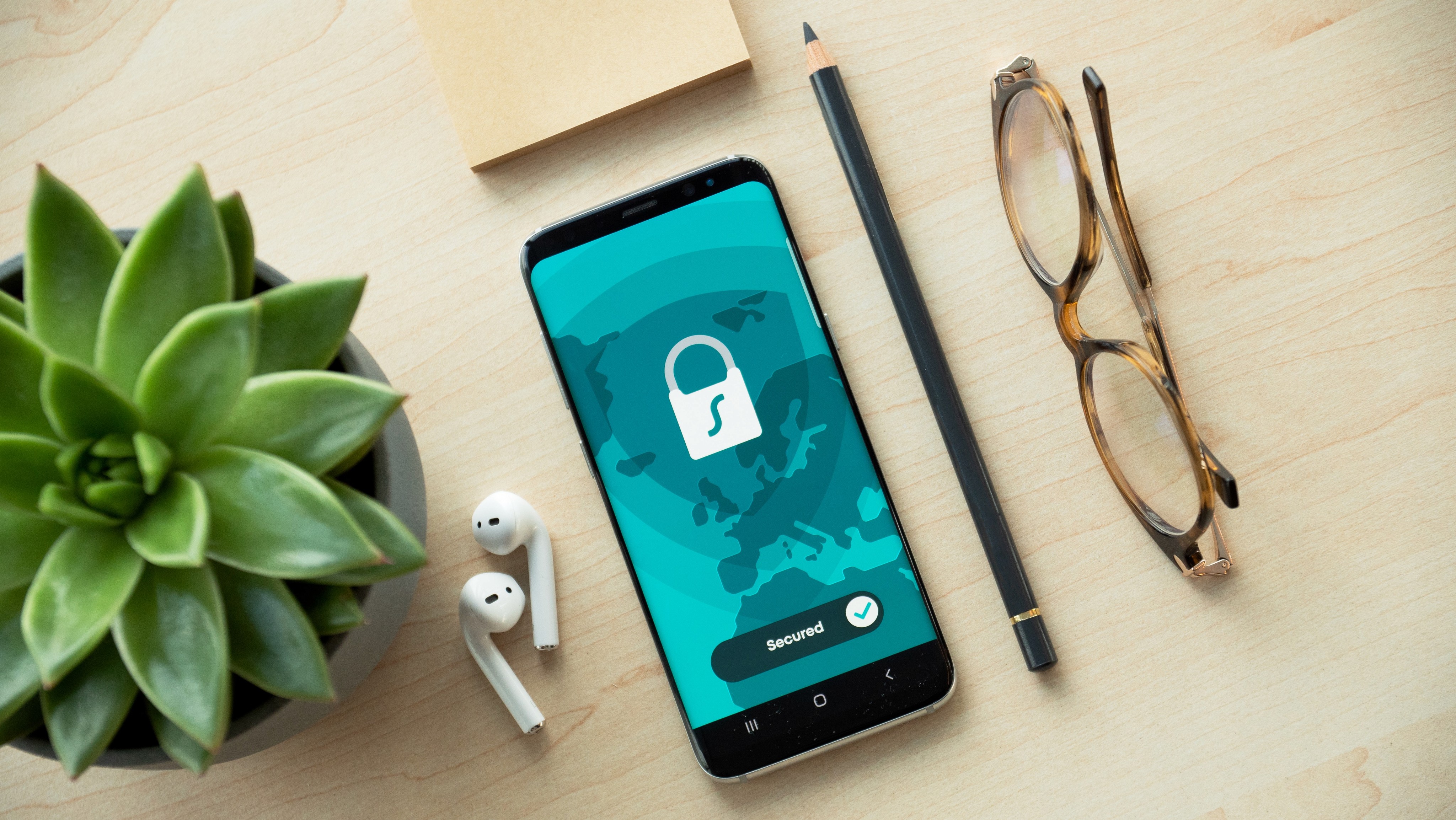The Significance of Cyber Security for Digital Nomads
Nov 10, 2023

In the modern era, the internet has become an integral part of our lives. It has revolutionized the way we communicate, work, and conduct business. However, with these advancements come challenges, particularly in the realm of cyber security. This is especially crucial for digital nomads who rely on the internet to work remotely. Implementing robust cyber security measures is not just about protecting data—it also has a profound impact on productivity.
Table of Contents
The Era of Digital Nomads
Understanding Digital Security
The Intersection of Cyber Security and Productivity
The Impact of Inadequate Cyber Security
The Role of Legislation in Cyber Security
Evolving Cyber Security Needs
Implementing Cyber Security Measures
The Future of Cyber Security
Cyber Security Tips for Digital Nomads
Frequently Asked Questions
The Era of Digital Nomads

The rise of digital nomads is a testament to how the internet has transformed the way we work. These professionals leverage technology to perform their jobs from anywhere in the world. They are not confined to a traditional office setting and often work from co-working spaces, coffee shops, or their homes.
However, this flexibility comes with its own set of challenges, the most significant of which is cyber security. As digital nomads rely heavily on the internet and digital tools for their work, they are often at risk of cyber-attacks. This can have severe consequences, not only for the digital nomad but also for their clients or employers.
Understanding Digital Security
Digital security, often referred to as cyber security, involves the measures and practices employed to safeguard information from unauthorized access, attack, or damage. It encompasses a variety of areas, including network security, information security, and application security.
Cyber security is crucial in the digital age due to the increasing reliance on digital tools and the internet to conduct business. Furthermore, the rising incidences of cyber-attacks, data breaches, and identity theft highlight the importance of robust cyber security measures.
For digital nomads, who often work on unprotected networks or use personal devices for work, the need for cyber security is even more acute. A single security breach can lead to significant financial losses, damage to reputation, and a reduction in productivity.
The Intersection of Cyber Security and Productivity
It may seem at first glance that cyber security and productivity are separate concepts. However, they are intricately connected. A secure digital environment enables employees to work without fear of data breaches or cyber-attacks, thereby enhancing productivity.
Conversely, a lack of robust cyber security measures can lead to numerous disruptions. For instance, a cyber-attack can cause system downtime, preventing employees from accessing the tools and resources they need to work. Similarly, a data breach can lead to a loss of trust among clients or customers, which may result in a decline in business and reduced productivity.
The Impact of Inadequate Cyber Security

The consequences of inadequate cyber security are far-reaching. It can lead to financial losses due to the theft of sensitive information, such as credit card details or personal identification information. Additionally, businesses may face legal repercussions if they fail to protect customer data adequately.
Moreover, a cyber-attack can cause significant damage to a company's reputation. It can lead to a loss of trust among customers, which can be difficult to rebuild. This can have a long-term impact on a business's bottom line and overall productivity.
For digital nomads, a breach in cyber security can result in the loss of important work, leading to missed deadlines and potential loss of income. Additionally, it can damage their reputation, making it harder for them to secure future work.
The Role of Legislation in Cyber Security
With the increasing prevalence of cyber-attacks and data breaches, many countries have introduced legislation to protect digital data. These laws typically outline the rights of individuals concerning their data and impose obligations on businesses to protect this data.
For example, the General Data Protection Regulation (GDPR) in the European Union and the California Consumer Protection Act (CCPA) in the United States have set stringent rules regarding data collection, usage, and storage. Non-compliance with these laws can lead to hefty fines, further emphasizing the importance of robust cyber security measures.
Evolving Cyber Security Needs
As the cyber threat landscape continues to evolve, so too must cyber security measures. Traditional security methods, such as password authentication and perimeter-based security systems, are no longer sufficient.
Today, cyber security solutions need to be dynamic and adaptable to keep up with the increasing sophistication of cyber threats. They must also cater to the changing work environment, with more employees working remotely and using personal devices for work.
Cyber security software now needs to incorporate features such as authentication without passwords, redundant data loss prevention, protection for applications, microsegmented networks, and robust analytics. Additionally, businesses need to adopt a zero-trust security approach, where all aspects of a connection are verified before access is granted.
Implementing Cyber Security Measures
Implementing robust cyber security measures involves several steps. Businesses need to start by conducting a risk assessment to identify potential vulnerabilities and areas of risk. This assessment should cover all aspects of their digital operations, from their network infrastructure to their data storage practices.
Following this, businesses can develop a comprehensive cyber security strategy. This should include measures to protect against cyber threats, as well as procedures to respond to and recover from cyber-attacks.
For digital nomads, implementing cyber security measures may involve using secure networks, regularly updating software and applications, using strong, unique passwords, and enabling two-factor authentication. They should also be cautious with the data they share online and be aware of the risks of phishing scams and other online threats.
The Future of Cyber Security

As technology continues to evolve, so too will the cyber threat landscape. This means that businesses and digital nomads alike need to stay updated on the latest cyber threats and security measures.
Artificial Intelligence (AI) and machine learning are set to play a significant role in the future of cyber security. These technologies can help to detect and respond to cyber threats more quickly and accurately, thereby enhancing security and productivity.
Furthermore, as more businesses adopt a digital-first approach, there will be an increased focus on securing digital workspaces. This includes protecting cloud-based platforms, remote work tools, and mobile applications.
Cyber Security Tips for Digital Nomads
Here are some tips for digital nomads to enhance their cyber security:
Use a Virtual Private Network (VPN) when accessing the internet from public networks.
Keep all software and applications up to date to protect against known vulnerabilities.
Use strong, unique passwords for all accounts and enable two-factor authentication where possible.
Be cautious when downloading new apps or clicking on links in emails.
Regularly back up important data to protect against data loss.
Frequently Asked Questions
Q: What is a digital nomad? A: A digital nomad is a professional who uses the internet to work remotely and live a nomadic lifestyle.
Q: Why is cyber security important for digital nomads? A: Cyber security is crucial for digital nomads as they often work on unprotected networks and use personal devices for work. A breach in cyber security can lead to significant financial losses and damage to their reputation.
Q: How can digital nomads improve their cyber security? A: Digital nomads can enhance their cyber security by using secure networks, regularly updating their software and apps, using strong, unique passwords, and being cautious with the data they share online.
In conclusion, cyber security is of paramount importance in the digital age, especially for digital nomads. It not only protects sensitive information but also enhances productivity by providing a secure environment for work. As cyber threats continue to evolve, so too must our cyber security measures. By staying informed about the latest threats and implementing robust security measures, digital nomads can safeguard their work and boost their productivity.


